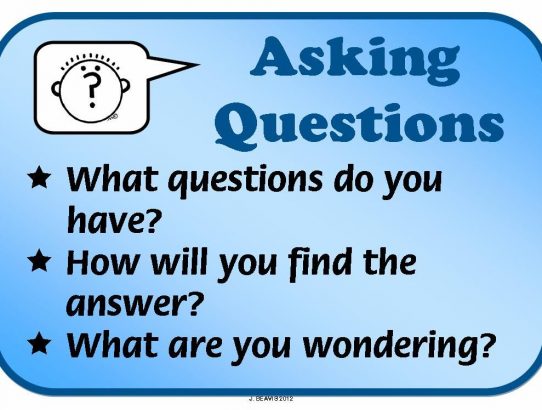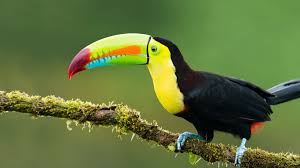Asking Questions
Good readers are always asking questions as they read. Sometimes the question leads them to do more reading and research. Sometimes the question is answered in the text. Asking questions gets the reader thinking. The SKILL we need is to ask lots of different questions! Read the texts below about the animals then add…
Read More



